
Corporate Pride
How is it that the bold trailblazers for LGBTQ rights, the ones that passed nondiscrimination protections based on sexual orientation and gender identity don’t seem to take issue with Pridewashing?
While the federal government has failed to amend existing civil rights laws to include explicit protections for Queer people, many corporations leveraged their influence to protect us at work. In talent acquisition, employee resource groups, mentorship programs, domestic partner benefits, and Trans-inclusive health care plans, many companies have been totally badass in creating equitable workspaces.
Enter 2021, where Pride merch sold at drug stores and gas stations is mocked online for cashing in on Queer. Yet, people trust companies more than ever (check out the Edelman trust barometer, it’s a good read), and there are calls for companies to divorce themselves from Pride.
Pink dollar power
This entire “get the Queers, they got tons of money, they are DINK’s” trope is so tired. But, as with most stereotypes, there’s some version of truth inside of the bias. Pinkwashing—actions that use gay-related issues positively while distracting from harmful activities—is most true when comparing lived experiences with headlines.
This is a distraction:
My employer participates in Pride with a giant float, Queer-themed tunes, and fantastic rainbow sunglasses!
When often the reality is that:
My employer doesn’t have benefits, bathrooms, or a host of other policies that would support my authentic self at work.
Not every Queer person faces persistent marginalization at work, obvi, but corporations are doing less and less work getting their own house in order before taking to the streets (literally). This disorganization puts LGBTQ employees and DEI leaders in a pickle: Present the rose-tinted reality of the employer or welcome the room for growth, which though honest can get a little ugly.
So, if you’re a corporate diversity leader or an activist at your company, how can you open up the conversation this Pride month as we seek to reimagine the role of corporations at Pride collectively?
Bottom line? How do we turn Pride™ back into Pride?
Accountability
Mossier Members bring this up. A lot. And here it is, friends: the definition of allyship has changed.
We have to own the fact that corporations had taken actions to support LGBTQ people when the benefit for them was obvious. Allyship means individuals and organizations frame their advocacy in terms of what they are willing to give up, not in terms of what they can gain.
Most leaders aren’t directly responsible for past harms, but they are 100% responsible for what we do moving forward. Reparations for Black people, a topic which our friend and superhero Rox Anderson spoke about with members back in June, is coming into greater realization. Why aren’t organizations making radical acts of accountability for the Queer community?
Talk it out
Talk through how the corporate image, the board, shareholders, your customer. Remind leaders that not all efforts to expand LGBTQ advocacy will overtake all parts of your image. Instead, use your role! Play in the places that you (like, as an employee) have influence. Countless corps have monopolies on their products and services. There is a sweet spot where the company can challenge the views and opinions of their customers and stakeholders while ensuring that they still maintain those customers. Any good relationship requires honesty and growth. Read up on corporate boycotts and be prepared with the facts. Many corporate boycotts fail to materialize into real financial consequences for the business. Guess what…your customer is probably waiting for you to stop hoarding power.
Boil it down
Why do some of the LGBTQ community’s most pressing and needed solutions pose a threat to profitability? Why does the success of supporting everyone LGBTQ mean a company has to stand down?
I say, rethink this stuff. My Pride agenda is a living wage for all; universal access to good healthcare; worker protections and employment justice; and—above all—everyone can be out at work, on their terms, safely.
These thoughts run counterproductive to the way corporations accumulate and maintain their power. There are seeds of distrust planted between corporations and Queer activists, and it’s easy to lose hope for how we reconcile the differences.
This is the tension we have to sit with, examine and open up honest conversations about. If corporations can’t fully endorse the agendas set forth at Pride celebrations and events, then that may not be the arena for their advocacy.
Center new voices
If White, CIS gendered, gay executives are the only voices at the table for this conversation, then that’s your cue to expand the tent! Does your LGBTQ employee resource group (ERG) only appear to represent a narrow cross-section of the community? Maybe this is an opportunity to collaborate with the women’s ERG or the Black professional ERG to bring more opinions and lenses to the conversation. Perhaps you’ll connect with and receive input from a Black lesbian who hasn’t felt included by the LGBTQ ERG or a trans woman who has traditionally felt more at home within the women’s ERG. Whatever it is you act upon, the point is that you center members of the queer community that historically have not been heard.
Corporations choose their path and therefore must accept the outcomes. If LGBTQ employees and customers feel the commitment isn’t genuine, you’re going to be informed. The thing is, we’re stronger together, so corporations can and should play a role in this movement that nods to history while centering joy, accountability, and entirely new ways to celebrate.

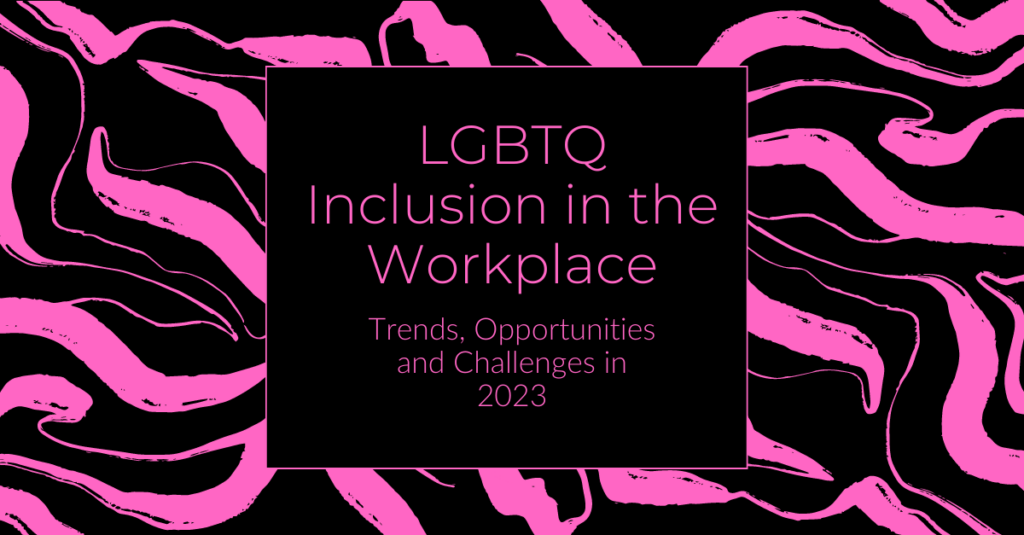
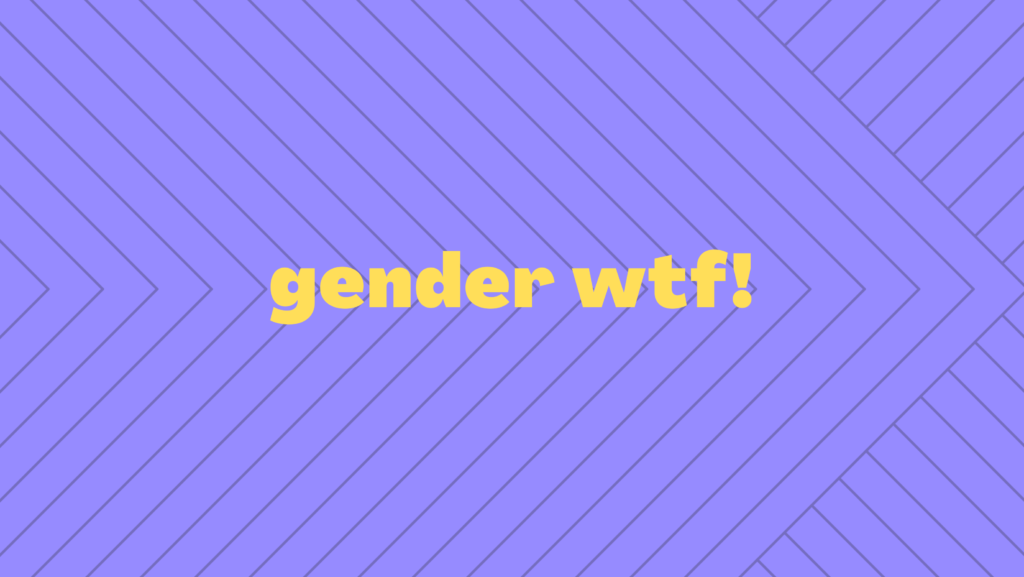
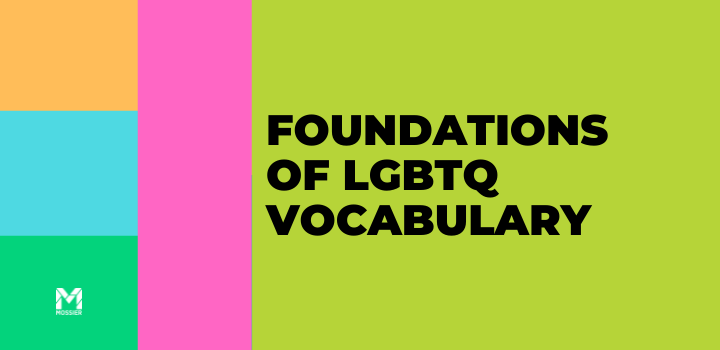
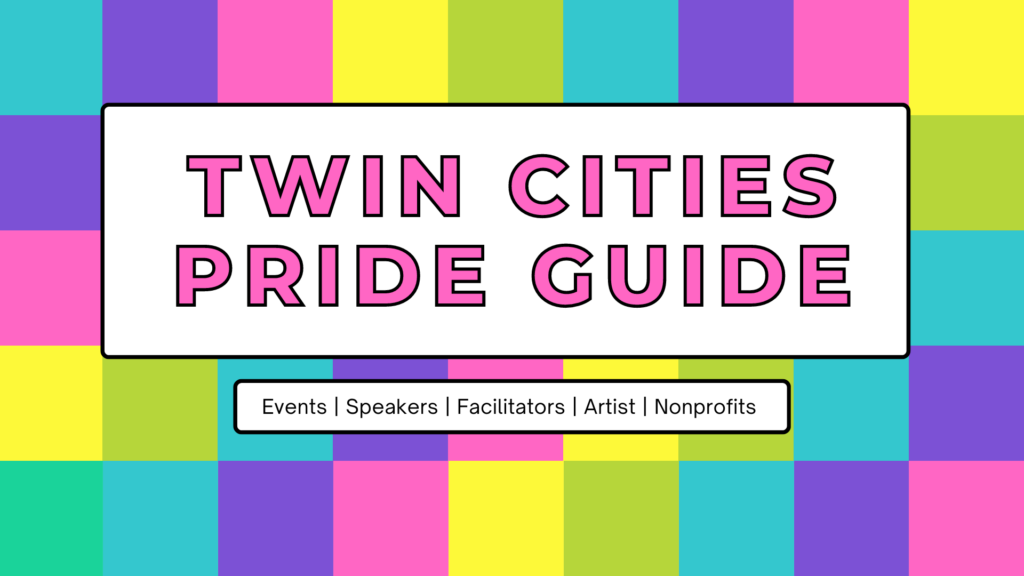
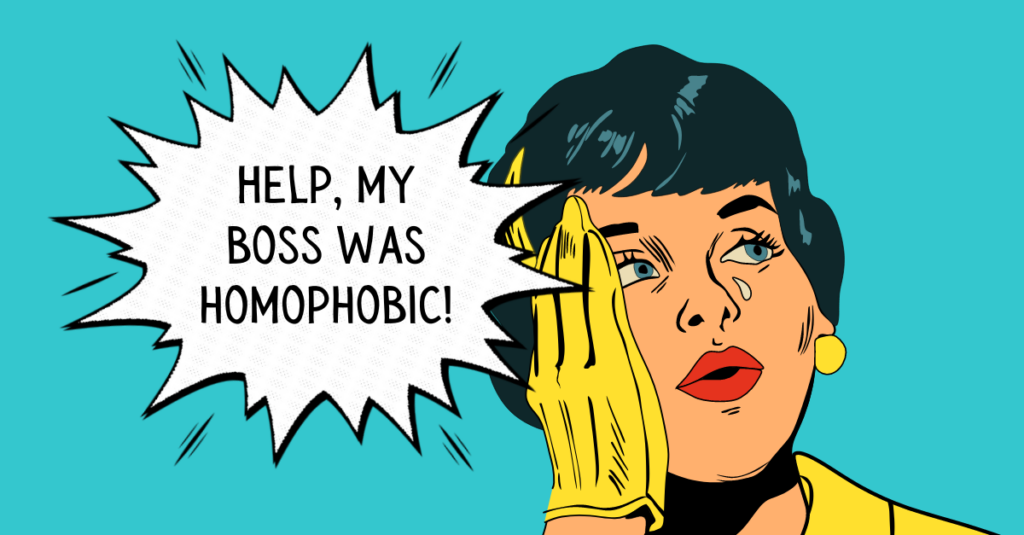
Responses